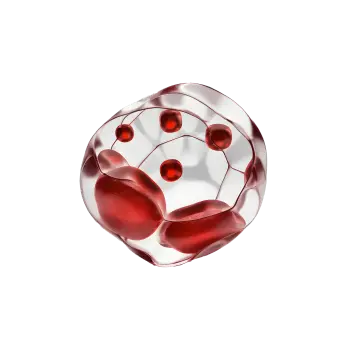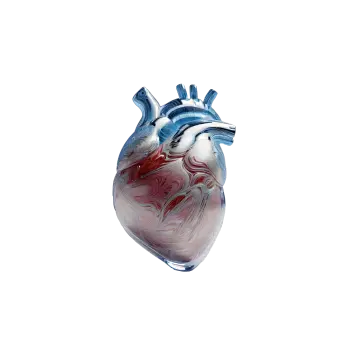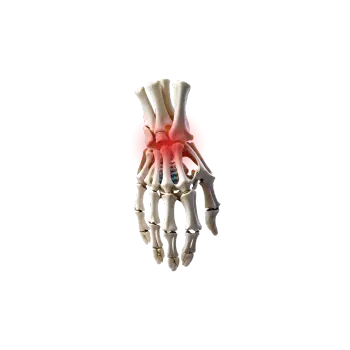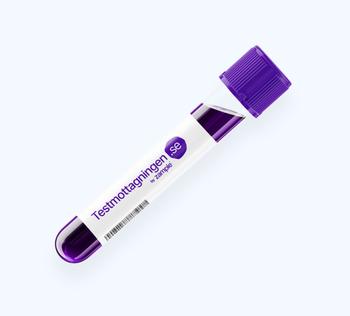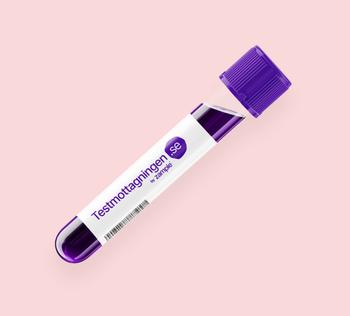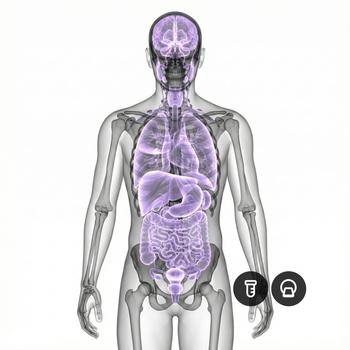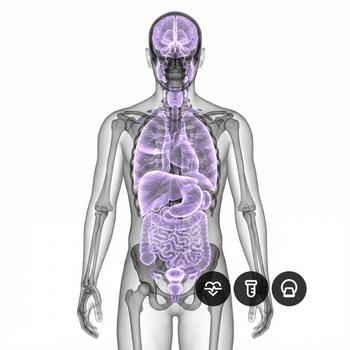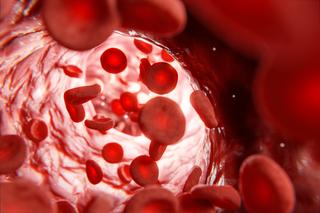What are Erythrocytes, EPK?
Erythrocytes, also known as red blood cells, are the most common type of blood cell in the human body. They are responsible for carrying oxygen from the lungs to the body's tissues and organs, and they also help to remove carbon dioxide from the body. Erythrocytes are made in the bone marrow, and they have a unique shape that allows them to easily move through the tiny blood vessels in the body. They are typically red in color because they contain a protein called hemoglobin, which binds to oxygen and gives erythrocytes their characteristic color.
Why are erythrocytes analyzed?
Erythrocytes, or red blood cells, play a vital role in the human body, carrying oxygen from the lungs to the body's tissues and organs. As a result, the number and condition of erythrocytes in the blood can provide important information about a person's overall health. For example, a low erythrocyte count can indicate anemia, which can be caused by blood loss, malnutrition, or certain medical conditions. On the other hand, a high erythrocyte count can be a sign of dehydration or other underlying health issues. By analyzing erythrocytes, doctors can diagnose and treat a variety of medical conditions, and they can also monitor the effectiveness of treatments.
What can an increased value of erythrocytes mean?
Erythrocytes are normally present in the blood at a specific level, and this level can vary slightly from person to person. If the level of erythrocytes in the blood is higher than normal, it is known as erythrocytosis. This condition can be caused by a number of different factors, including living at high altitudes, chronic lung disease, and certain medications. In some cases, erythrocytosis can be a sign of a more serious underlying condition, such as heart disease or cancer. In general, having high levels of erythrocytes can make the blood thicker and more viscous, which can increase the risk of blood clots and other complications. It is important to speak with a doctor if you have any concerns about your erythrocyte levels.
What can a low value of erythrocytes mean (RBC)?
A low erythrocyte count, also known as anemia, occurs when the number of red blood cells in the blood is lower than normal. This can happen for a number of reasons, including blood loss, malnutrition, and certain medical conditions. A low erythrocyte count can cause a variety of symptoms, such as fatigue, weakness, and shortness of breath. In severe cases, anemia can lead to heart problems and other complications. If you think you may have anemia, it is important to speak with a doctor who can determine the cause and recommend a treatment plan.
Symptoms of anemia
Anemia is a condition in which the number of red blood cells in the blood is lower than normal. Symptoms of anemia can include:
- Fatigue and weakness
- Shortness of breath
- Dizziness
- Palpitation
- Drop in blood pressure
- Slimming
- Fainting
- Tongue burning
- Restless legs
- Headache
These symptoms can vary depending on the cause and severity of the anemia. If you are experiencing any of these symptoms, it is important to speak with a doctor.






















